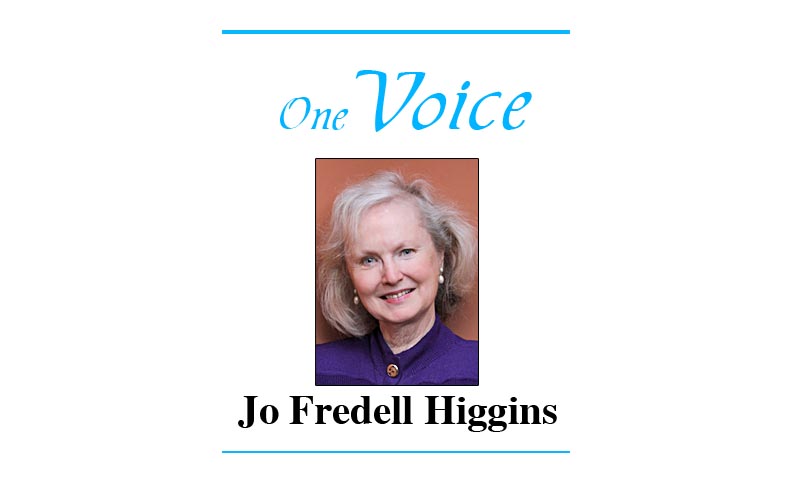

“As I would not be a slave, so I would not be a master. This expresses my idea of democracy. Whatever differs from this, to the extent of the difference, is no democracy.” —Abraham Lincoln
The man who would serve as the 16th president of the United States, Abraham Lincoln, was short of money that April 15, 1837 when he entered Abner Ellis’ general store in Springfield. A clerk, Joshua F. Speed, invited Lincoln to share a bed in the room above the first floor.
In the book, “Lincoln in Private” written by Ronald C. White, little known facts and Lincoln’s handwritten notes on scraps of paper are delineated. These notes, maybe intended as lectures for other lawyers, reveal a self-portrait of his legal thinking in some ways better than any of his public documents.
And so this essay offers the reader a glimpse into Lincoln’s mind and private thoughts. The emotional side of Lincoln gives some insight into this 19th-century leader.
Lincoln wed Mary Todd in 1842 and began their life together in a rented eight-by-14 room at the Globe Tavern. He wrote his friend, Sam Marshall, “Nothing new here, except my marrying, which to me, is a matter of profound wonder.” Son Robert was born in 1843 when they rented a cottage on South 4th Street in Springfield. Lincoln left for Washington, D.C. in November 1847 to serve in the 30th Congress.
Niagara Falls (Thunder of Waters) is the collective tribal name for three conjoining falls that span the international border between New York and Ontario. The waters have been flowing from the Great Lakes for more than 12,000 years. The Lincolns visited en route in return to Springfield in 1848. Lincoln wrote of the Falls that he wondered where all that water came from! The 167-foot falls had Lincoln write that “Niagara is indeed a wonder of the world.”
Lincoln practiced law for 24 years and served 14 years in political office. He felt deeply for the protection of law. He wanted to shepherd younger persons to a “brighter, more honest future for the vocation.” His notes reflect a self-portrait of Lincoln, the lawyer.
Always the gentleman, Lincoln began his debate with Stephan A. Douglas by saying “I do not propose to question the patriotism or assail the motives of any man, but rather confirm myself to the naked merits of the question.” Lincoln had first met Douglas in 1836 when both served in the Illinois legislature.
March 4, 1861 on a windy overcast Inauguration Day, Lincoln fumbled with his new stovepipe hat. Sitting nearby, senator Douglas rose and with a brief, “Permit me, sir,” stepped forward to take the hat from the president. He held it in his hands during his rival’s inaugural address. Lincoln was elected president with a 39.8% of the popular vote, the lowest popular percentage vote by a victor in U.S. history. Lincoln won 55% of the popular vote in the November 1864 presidential election.
Four years following the first inaugural address in 1861, March 4, 1865, Lincoln delivered his second inaugural address which consisted of 701 words. He mentioned God 14 times, quoted the Bible four times, and invoked prayer three times.
Lincoln had written in 1865 that the Republican Party was far from perfect, “but the center of the party for him was a moral anchor, his own and the Party’s deep commitment to anti-slavery reform.
President Abraham Lincoln, born in poverty in a log cabin in Kentucky in 1809, became an educated man who was assassinated April 15, 1865 by a Confederate sympathizer, and whose august deeds and memory live on in perpetuity.

